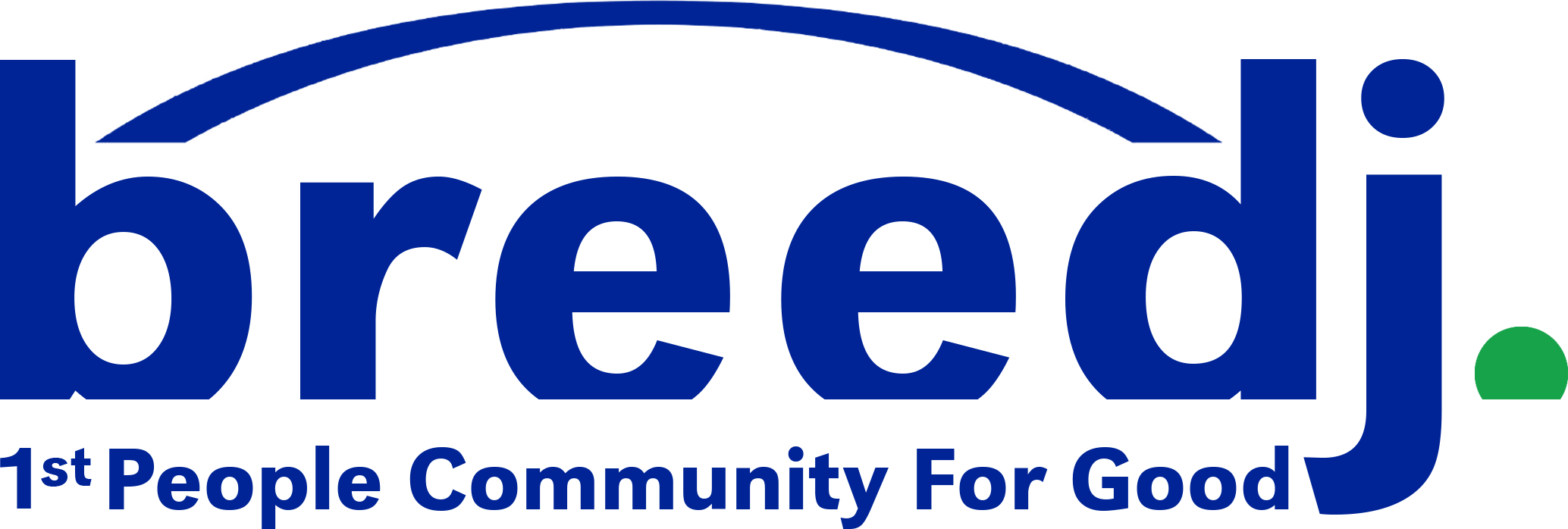Remote work has become the norm in today’s professional world, profoundly transforming how teams collaborate and what employers expect from their staff. In this context, soft skills those interpersonal and behavioral abilities now lie at the heart of employability strategies.
But why are these human qualities so sought after today? And how does remote work highlight their importance? This article explores why soft skills are essential in hybrid work environments and provides practical ways to develop and showcase them.
Why Are Soft Skills Essential in Remote Work?
What Do We Mean by Soft Skills?
Soft skills refer to an individual’s interpersonal, emotional, and behavioral abilities. Unlike hard skills (technical expertise), they reflect one’s “way of being” and are crucial for thriving in a constantly evolving professional environment.
The Growing Importance of Soft Skills
A 2023 study found that active listening, oral communication, respect, teamwork, responsibility, integrity, autonomy, curiosity, a positive attitude, trustworthiness, problem-solving ability, and openness to new ideas are among managers’ favorite soft skills.
1. Autonomy and Time Management
In remote work, direct supervision is limited, making autonomy indispensable. Employees must organize their day efficiently, prioritize tasks, and meet deadlines without constant reminders.
Good time management isn’t just about “working faster” it’s about balancing focused work with essential breaks to maintain long-term productivity. Tools like shared calendars, digital to-do lists, and project management apps are valuable allies.
Example:
An employee who completes assignments on time while regularly updating their manager demonstrates not only autonomy but also reliability a key asset when working remotely.
2. Effective Communication
Distance can quickly breed misunderstandings if communication isn’t mastered. Remote professionals must express ideas clearly and concisely, whether through writing (emails, chats, shared documents) or verbally (video calls, phone meetings).
Active listening is just as crucial: understanding colleagues’ or clients’ needs helps prevent mistakes and maintain smooth interactions. Adapting tone and communication style to the context and audience is also a strong advantage.
Example:
During a virtual meeting, a colleague who summarizes key discussion points and sends a written recap shows communication mastery and helps prevent confusion.
3. Adaptability and Stress Management
Remote work often involves juggling unexpected changes last-minute schedule shifts, urgent tasks, or evolving priorities. Professionals must be flexible and able to adapt quickly to new situations.
Stress management becomes essential to stay productive and make sound decisions without being overwhelmed by pressure.
Example:
An employee facing a technical issue that delays a project remains calm, finds alternative solutions, and proactively updates the team a perfect example of adaptability in action.
4. Remote Collaboration
Even from a distance, teamwork remains central. Soft skills such as empathy, cooperation, and conflict resolution take on added importance.
Being able to understand others’ perspectives, anticipate their needs, and maintain a constructive attitude strengthens team cohesion and motivation. While collaboration tools like Slack, Teams, or Trello facilitate communication, human skills remain essential to building trust and effectiveness.
Example:
In a complex project, a team member who explains decisions clearly, supports others, and finds fair compromises demonstrates strong collaborative ability even without face-to-face interaction.
How to Develop Soft Skills for Remote Work
1. Continuous Learning
Participate in online courses, webinars, or workshops to develop specific behavioral skills.
2. Self-Assessment and Feedback
Regular self-evaluation and feedback from colleagues or supervisors help identify strengths and improvement areas.
3. Daily Practice
Integrating soft skills into everyday interactions during virtual meetings or project coordination reinforces their development.
How to Showcase Soft Skills in Your Career
On Your Resume and in Interviews
Provide concrete examples of how you’ve applied soft skills in real situations. For instance, describe how good time management helped you meet a tight deadline.
In the Workplace
Demonstrate your soft skills daily whether by resolving a conflict, taking initiative, or showing empathy to strengthen your professional credibility.
Through Personal Development
Activities such as meditation, mindfulness, or coaching can improve stress management and emotional intelligence.
Soft skills have become indispensable assets in the modern workplace, especially in remote work settings. They not only help professionals adapt to daily challenges but also strengthen relationships and sustain long-term performance.
Investing in developing these behavioral competencies is key to staying competitive and fulfilled in your career. Whether you’re an employee, manager, or job seeker, take time to assess and cultivate your soft skills they are the foundation of your future employability.













